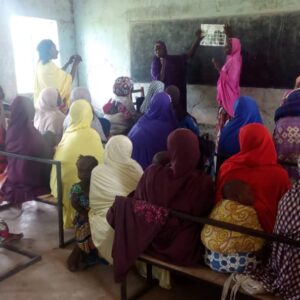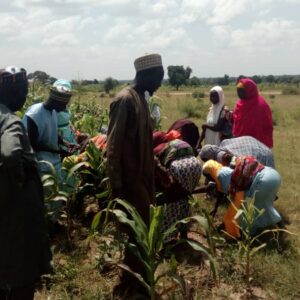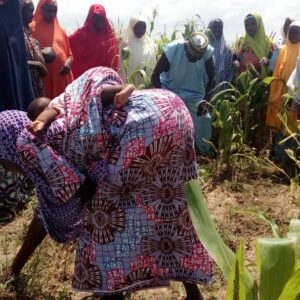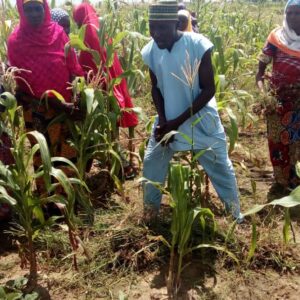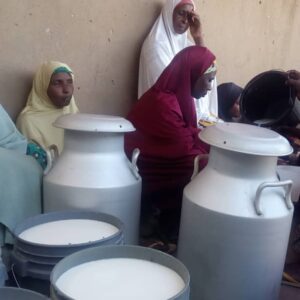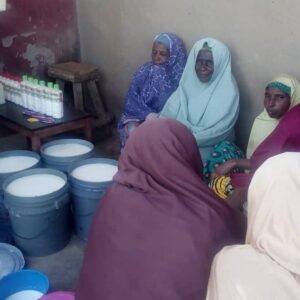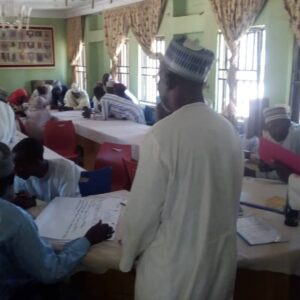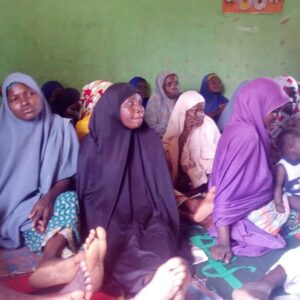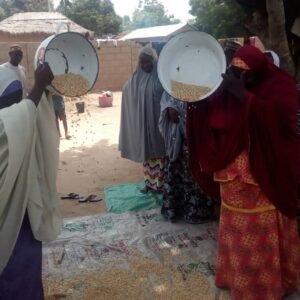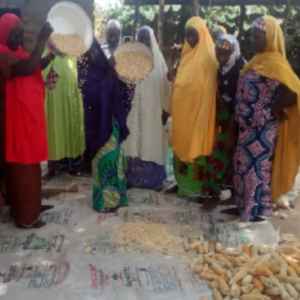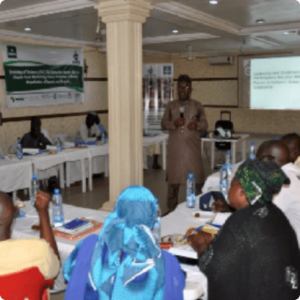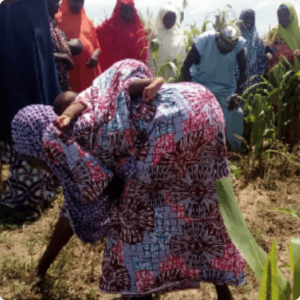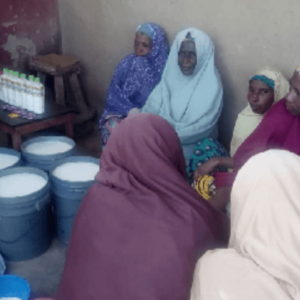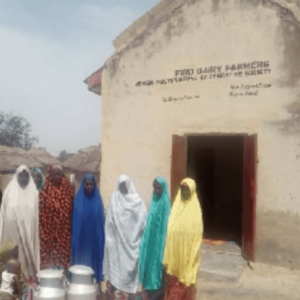Sustainable and Inclusive Agriculture
Sustainable and Inclusive Agriculture
ACIEDafrica understands the socio-economic importance of investing in agriculture and food security to promote Africa’s inclusive growth and development agenda. For us, growth is inclusive when it enables the majority of the members of a society to participate in, benefit from and contribute to the growth process. Agriculture could, therefore, be an important means of stimulating employment, incomes and achieving better living standards when the otherwise disadvantaged and marginalized rural poor living below the poverty line start to experience improvement in productivity and decent employment.
ACIEDafrica’s sector intervention outcome will be to promote a sustainable and inclusive agri-food system that increases agricultural productivity, income, enhances resilience of people and their, communities, and pursues lower emissions, contributing to improved food security, stability, and healthy diets.
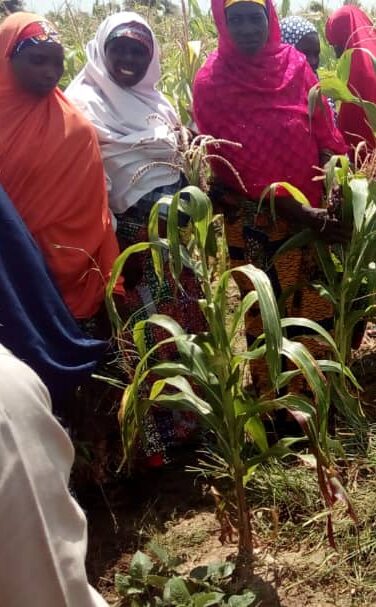
Our approach is based on five principles that balance the social, economic and environmental dimensions of sustainability.
ACIEDafrica mainstreams inclusion principles and practices into entrepreneurship education within our TVET scheme. Our comprehensive approach is designed to:
- Boost Food System Productivity: Increase productivity, create employment, and enhance value addition in food systems.
- Advance Climate-Smart Practices: Promote the adoption of climate-smart practices and technologies, alongside effective natural resources management.
- Foster Inclusive Economic Growth: Improve livelihoods and stimulate inclusive economic growth.
- Strengthen Resilience: Enhance the resilience of individuals, communities, and agricultural ecosystems.
- Build Strategic Partnerships: Develop sector coalitions and partner with key stakeholders to foster robust agriculture, food, and nutrition security policies. This creates an enabling environment for entrepreneurship and improved business support services, with a special focus on benefiting smallholder farmers and vulnerable agro-entrepreneurs.
- Mainstream Gender and Inclusion: Integrate gender and inclusion considerations effectively into agri-food system programmatic interventions.
This framework ensures that our entrepreneurship education not only equips learners with practical skills but also builds a more inclusive, sustainable, and resilient agri-food ecosystem.
ACIEDafrica’s support for youth and women in agribusiness
Empowerment of youths in rural areas through agricultural development programmes
Provide concrete and targeted capacity development and skills assistance for improved agricultural productivity, livelihood and agroecosystem resilience through climate-smart practices/solution that integrate(s) innovative market system delivery mechanism.
Pursue a mixed programme strategy to increase youth and women economic opportunities both on and off-farm;
Promote sustainable gender-sensitive agribusiness models benefiting the poor and vulnerable male and female farmers;
Support inclusive agricultural trade facilitation measures that benefit youth and women enterprises in collaboration with the private sector, governments and other stakeholders;
We ensure MSME clusters can access up-to-date training, technologies, and market information, and identify and implement options for addressing policy/regulatory issues
Work to change youth mindsets about agrifood system-related opportunities;
Accelerate the application of ICT and other advanced technologies to address agrifood system problems;
Expand agrifood system training programmes and improve curricula, and increase private sector engagement in training programmes;
Enterprise development training particularly in value added activities such as food processing and packaging as well as facilitating market opportunities for agricultural produce and products;
Developing a data base of agencies that can provide access to youths on information in agriculture;
Providing targeted marketing opportunities for primary and value-added agricultural products produced by young entrepreneurs;
Improving access to training and capacity development;
Facilitating networking among youths by providing incentives to encourage collaboration and group activity of youths;
Explore our gallery to see the impact we have made
Have a question or need more information?
Contact us today—our team is ready to help with any enquiries you may have.
QUICK LINKS
PROJECTS
4 THEMATICS
ALL CONTACTS
- Suite C-034 H&A Plaza, along Olusegun Obasanjo Way, Wuye District Abuja-Federal Capital Territory, Nigeria
- +234 906 202 2245
- info@aciedafrica.org, aciedafrica.ng@gmail.com
- Copyright © 2025 ACIEDafrica. All Rights Reserved.

